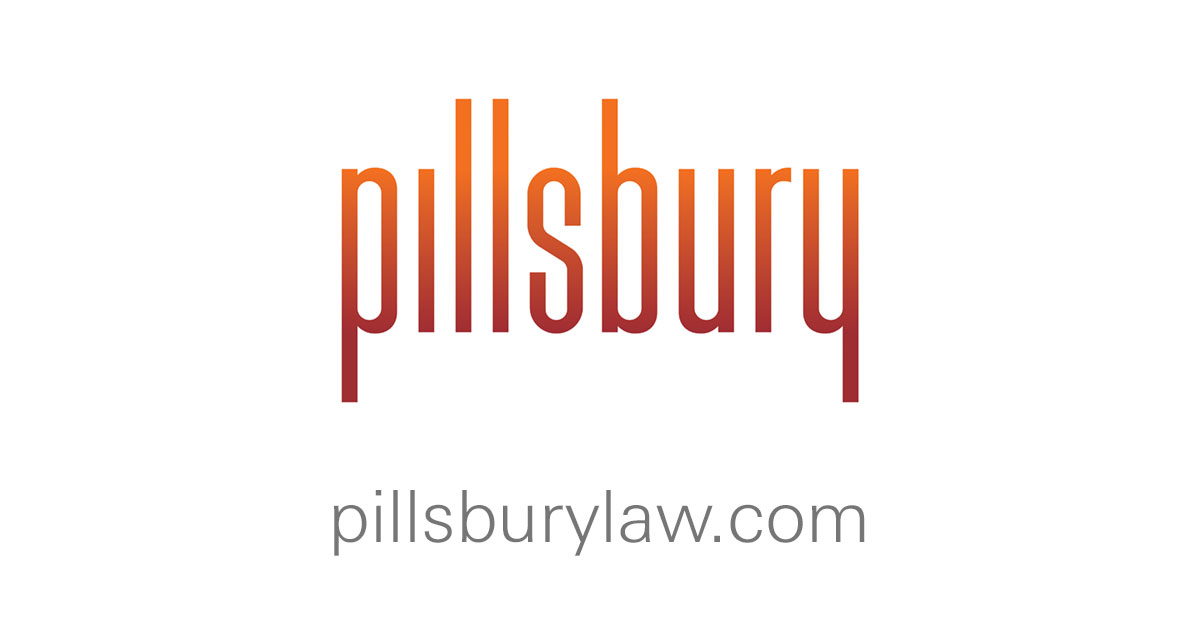[ad_1]
(Washington, DC) – Today, in observance of National Black HIV/AIDS Awareness Day, Mayor Muriel Bowser and DC Health are highlighting free resources available to all residents on sexualbeing.org to help reduce the impact of HIV and sexually transmitted infections.
“We want people in DC to know their status and get connected to the right care at the right time – with no shame or stigma attached,” said Mayor Bowser. “We have so many fantastic health care partners in DC, and they have helped us expand access to free PEP, free PreP, free condoms, free at-home tests, and more. Now, we need to make sure people know what’s available and how to access it. Help us spread the word by telling people about sexualbeing.org.”
DC Health offers a number of free and confidential resources that help individuals know their status, prevent HIV or STIs, or treat HIV. Two important resources residents should know about include:
Post Exposure Prophylaxis (PEP) is a free, emergency medication taken to prevent HIV and has to be started within 72 hours of a possible exposure. People who are HIV-negative and think they were exposed to HIV can call the DC PEP Hotline at (202) 299-3PEP (3737) to speak with an expert and caring medical provider. They will then be able to pick up their initial PEP medications from select Walgreen’s pharmacies in DC. Mayor Bowser and DC Health launched the PEP hotline in 2021 to provide 24/7 access to free PEP.
Pre-Exposure Prophylaxis (PrEP) is a safe, daily pill that prevents you from contracting HIV. PrEP is for people who are HIV negative and vulnerable to getting HIV. The DC Health and Wellness Center offers 100% virtual services to get you on PrEP. DC’s TelePrEP program is free, easy, and confidential. Visit sexualbeing.org for more information or call 202-741-7692 to get started.
In addition to free PEP and PrEP, residents can access the following resources through sexualbeing.org:
- Condom Delivery
- At-Home Test Kits
- Positive Voices Podcast
- Safe LGBTQ Housing at Smyal
- DC Health and Wellness Center (77 P Street NE)
Today, DC Health also joined federal officials and community-based organizations at the Town Hall Education Arts Recreation Campus to release the annual HIV, STI, Hepatitis, and Tuberculosis Surveillance Report.
The report shows that the number of newly diagnosed HIV cases in the District was 230 cases in 2021, a decline of 83% from the peak of 1,374 cases in 2007, but a slight increase from 2019 with 219 cases. The report also shows that the spread of HIV/AIDS disproportionately impacts Black communities in the District. Black men carry the highest burden of HIV in the District with 4% of all people living with HIV in DC being Black men, compared to 1.4% being White men and 1.7% being Black women, compared to 0.1% of White women.
The District is committed to improving the care continuum for people living with HIV to sustain their health from diagnosis to linkage and retention in care. Through this commitment, DC Health tracks how people are connected to care, engaged in treatment, and achieving viral load suppression. The District has set the bold goal of having fewer than 21 new HIV diagnoses each year by 2030.
“DC Health is very optimistic about ending the HIV epidemic in the District,” says Dr. Sharon Lewis, Interim Director of DC Health. “Our longstanding dedication to providing resources to residents at no cost and reducing barriers to treatment will help those living with HIV live long and healthy lives.”
HIV medicine reduces the amount of HIV in the body (viral load) to a very low level, which keeps the immune system working and prevents illness. This is called viral suppression—defined as having less than 200 copies of HIV per milliliter of blood. People reaching viral suppression attain better health outcomes and cannot transmit HIV sexually to other people, known as “Undetectable equals Untransmittable”, or U=U.
There are more than 15 providers in the District who can provide comprehensive HIV care to help residents achieve viral suppression. Among people newly diagnosed with HIV in 2021, 55% were linked to medical care within seven days of diagnosis, and 78% within 30 days.
To access HIV/STI resources online, visit sexualbeing.org
To view the 2022 Annual HIV/STI Report, visit dchealth.dc.gov.
To view the DC Health event online, visit mayor.dc.gov/live.
[ad_2]
Source link

